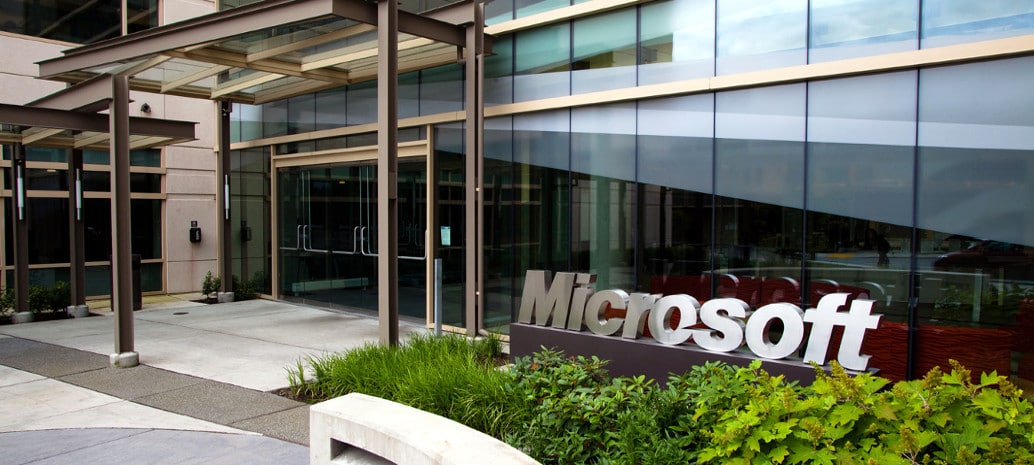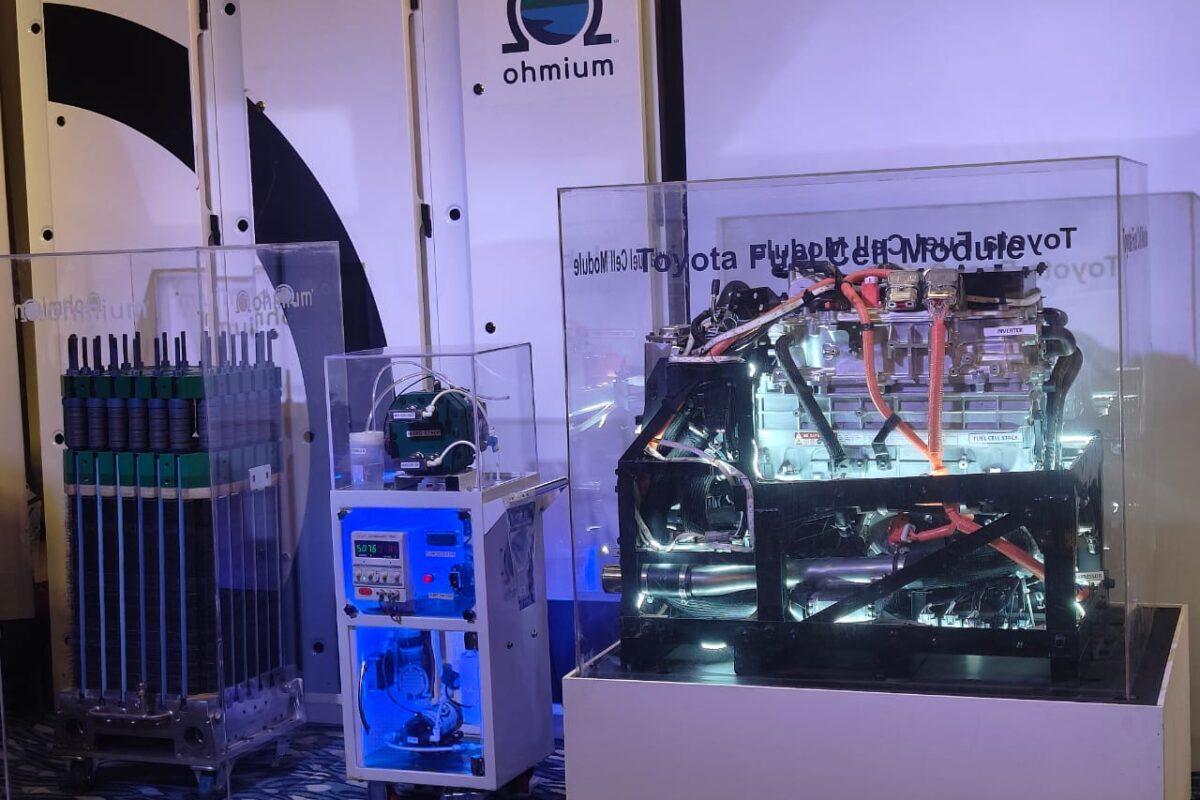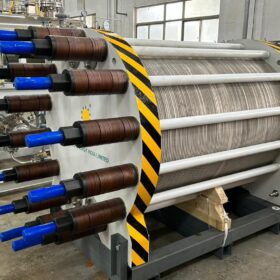From pv magazine USA
Microsoft has ambitious climate goals. The tech firm is committed to being carbon negative by 2030, and by 2050 it plans to have removed all the emissions it has generated since its founding in 1975. To achieve the 2030 goal, the company plans to match 100% of its energy consumption with zero carbon energy purchases. In 2021, Microsoft signed new power purchase agreements (PPA) for 5.8 GW of renewable energy in ten countries, bringing its total to 8 GW procured through PPAs or long-term contracts.
Recently announced is the signing of a long-term renewable energy agreement with Amplus Solar to purchase power from a 100 MW solar project currently being developed in the Indian state of Rajasthan. The deal is part of Microsoft’s plan to source all its electricity to power its operations from renewable sources by 2025, including its data centers, buildings and campuses. The purchased power will likely offset that used by Microsoft Malaysia.
“Today’s announcement builds on our long-standing partnership that now extends into sustainable business transformation,” said K Raman, managing director of Microsoft Malaysia. “This strategic partnership will not only contribute to our own sustainability goals, but it also presents us the opportunity to apply the latest digital technology to support Petronas’ transition to a more sustainable future.”
Amplus is a member of the Petronas Group (Petroliam Nasional Berhad) based in Malaysia. It will work with Microsoft to develop an intelligent platform powered by data and artificial intelligence (AI) to support Petronas’ efforts to achieve net-zero carbon emissions by 2050. Amplus Solar currently owns and manages a portfolio of 1 GWp+ of operational and under construction distributed solar assets comprising 400+ projects spread over across 24 states in India.
In its 2021 Environmental Sustainability Report, Microsoft noted that business revenue increased by 20% while reducing operational emissions by approximately 17% as a result of the company’s renewable energy purchasing. However, its Scope 3 emissions (comprising the company’s entire value chain) increased in 2021 by about 23% due to the carbon emitted from the generation of electricity needed to power its consumer devices as well as in the production of concrete and steel used in construction. The report points out that during the Covid-19 pandemic, there was a spike in the use of its Xbox and Surface devices, which combined accounted for nearly 30% of its Scope 3 emissions. The company notes that it has programs in place to lower these emissions including investing in carbon removal offsets.
Last month AES and Microsoft announced that the companies had entered into a 20-year agreement under which AES will provide renewable energy to power Microsoft’s California data centers, with AES partially matching the load of Microsoft’s California Data Centers with electricity generated from a portfolio of 110 MW of solar projects and 55 MW/220MWh storage projects, all set to be constructed in California. Four of Microsoft’s data centers are Zero Waste certified, with new certifications announced for data centers in Texas and Washington.
This content is protected by copyright and may not be reused. If you want to cooperate with us and would like to reuse some of our content, please contact: editors@pv-magazine.com.









By submitting this form you agree to pv magazine using your data for the purposes of publishing your comment.
Your personal data will only be disclosed or otherwise transmitted to third parties for the purposes of spam filtering or if this is necessary for technical maintenance of the website. Any other transfer to third parties will not take place unless this is justified on the basis of applicable data protection regulations or if pv magazine is legally obliged to do so.
You may revoke this consent at any time with effect for the future, in which case your personal data will be deleted immediately. Otherwise, your data will be deleted if pv magazine has processed your request or the purpose of data storage is fulfilled.
Further information on data privacy can be found in our Data Protection Policy.